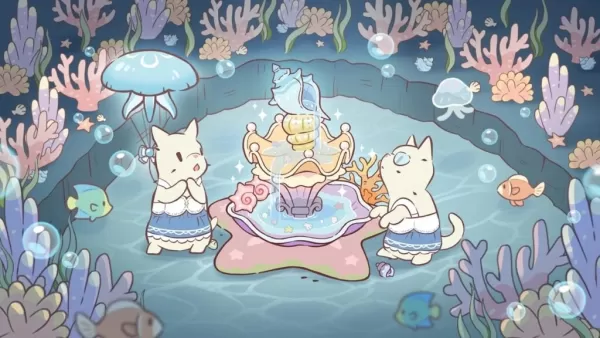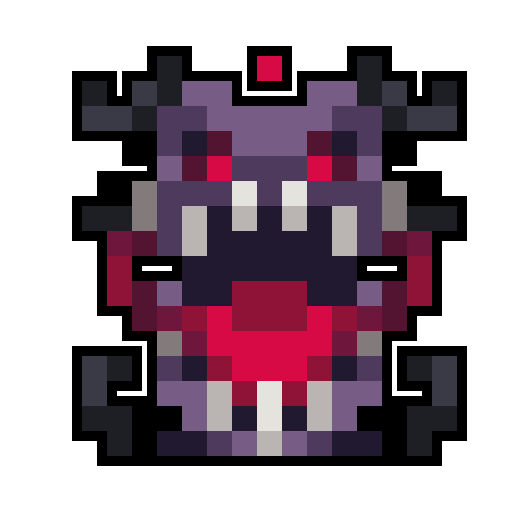Monster Hunter Wilds' Global Domination: From Niche Hit to Worldwide Phenomenon
Monster Hunter Wilds shattered pre-order records on Steam and PlayStation before its global launch, mirroring the immense success of its predecessors, Monster Hunter Rise (2022) and Monster Hunter: World (2018). This achievement firmly establishes Capcom's unique RPG series as a major player in the global video game market. However, this wasn't always the case.
Less than a decade ago, such widespread global popularity would have been unthinkable. The original 2004 release received mixed reviews. It wasn't until the 2005 PSP release, Monster Hunter Freedom Unite, that the series exploded – but primarily in Japan.
For years, Monster Hunter epitomized the "bigger in Japan" phenomenon. While the reasons were multifaceted, Capcom persistently sought international market penetration. The success of Monster Hunter World, Rise, and now Wilds, validates their efforts.
This article details Monster Hunter's journey from domestic darling to global powerhouse.
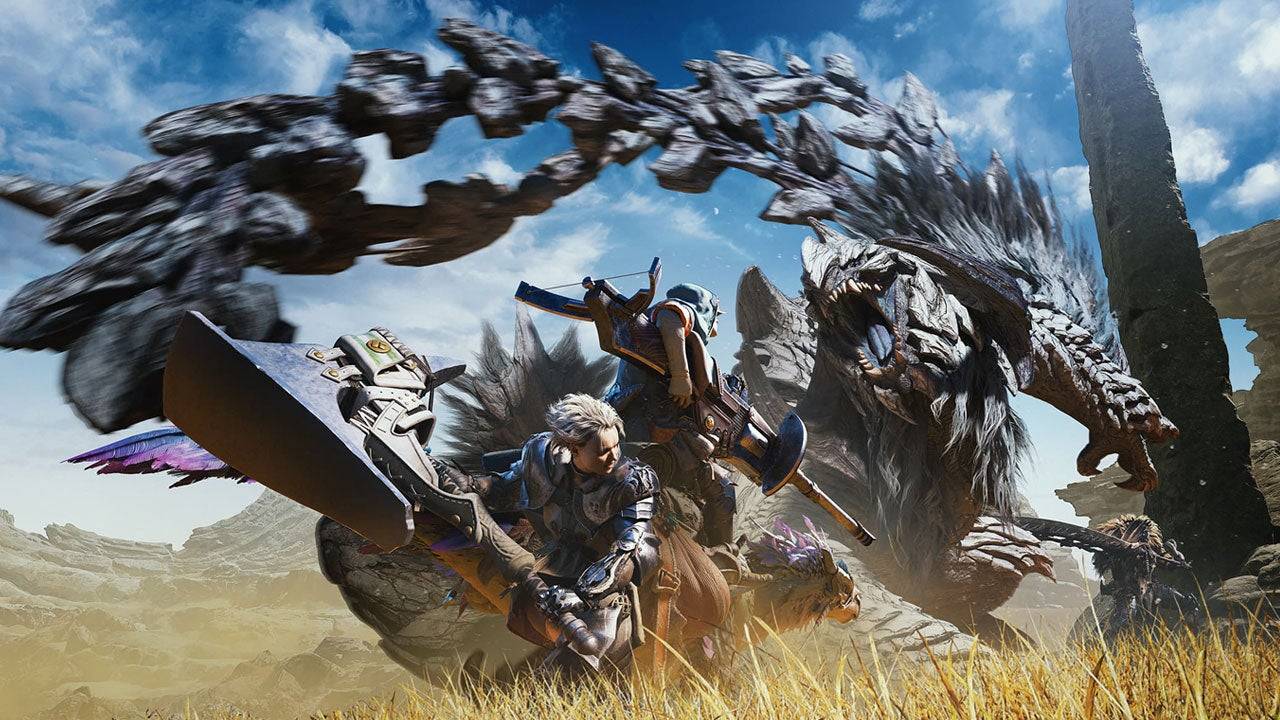
Hideaki Itsuno, a former Capcom game director (known for Devil May Cry), explains: "The engine change, coupled with a clear mandate to create globally appealing games, was pivotal. The goal was to make games fun for everyone."
Capcom's PS3 and Xbox 360 era titles often seemed geared towards a perceived "Western market." While Resident Evil 4 was a success, more Western-focused titles like Umbrella Corps and the Lost Planet series failed to gain traction. Capcom realized the need for broader appeal.
Itsuno emphasizes the clear objective: "We focused on creating high-quality games accessible to a worldwide audience." The 2017 release of Resident Evil 7 marked a turning point for Capcom.
Monster Hunter exemplifies this global strategy. While it had Western fans, its popularity was significantly higher in Japan. This wasn't intentional; several factors contributed.
Monster Hunter Freedom Unite's PSP release was crucial. Handheld gaming has always been stronger in Japan, thanks to the success of the PSP, Nintendo DS, and Switch. According to executive producer Ryozo Tsujimoto, Japan's advanced wireless internet infrastructure enabled reliable multiplayer gaming, a key factor in Monster Hunter's success. This was years ahead of the US market.
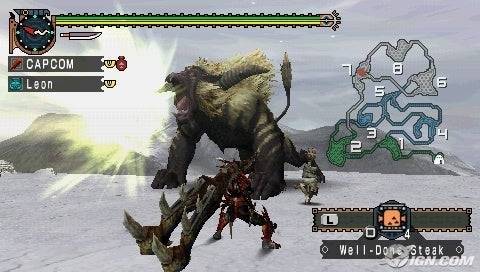
Monster Hunter's cooperative gameplay thrived on readily accessible multiplayer. Handhelds provided the ideal platform, initially catering to the Japanese market due to its advanced internet infrastructure.
This created a cycle: Japanese best-selling status led to Japan-exclusive content and events, reinforcing its "Japan-only" image. However, Western fans eagerly awaited broader access.
Tsujimoto and the team recognized the opportunity as Western internet infrastructure improved. Monster Hunter: World (2018), released simultaneously worldwide on PlayStation 4, Xbox One, and PC, marked a significant shift. It offered AAA console-quality graphics, larger environments, and bigger monsters.
Tsujimoto explains the naming choice: "Calling it Monster Hunter: World signified our intention to reach a global audience and provide a truly accessible Monster Hunter experience."
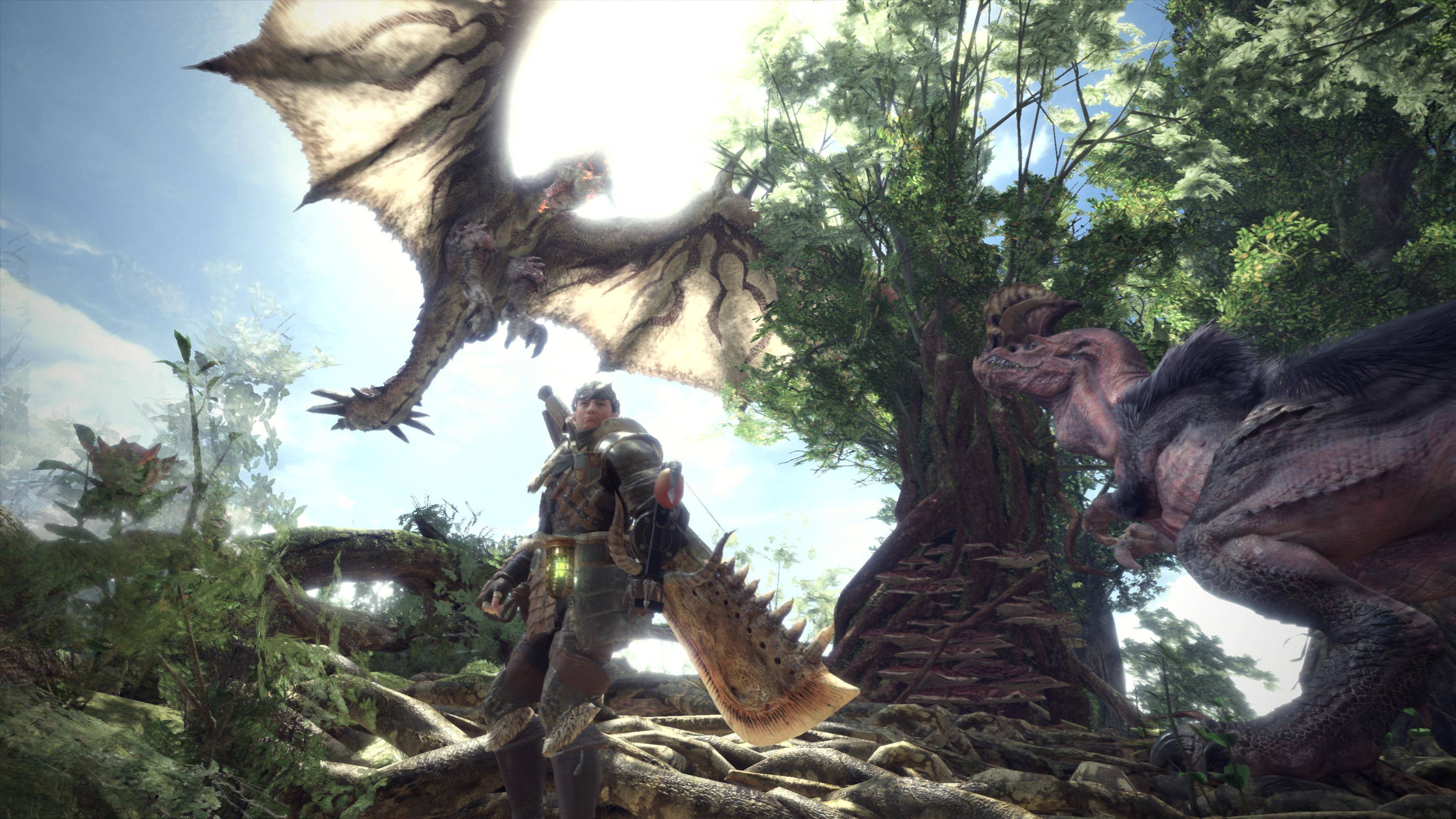
Tsujimoto notes: "Global focus tests and user feedback significantly influenced game system design and contributed to the game's global success."
One key change was displaying damage numbers. These subtle improvements to a successful formula propelled Monster Hunter to unprecedented heights. Previous titles sold 1.3 to 5 million copies; Monster Hunter: World and Rise both exceeded 20 million.
This growth wasn't accidental. Instead of altering Monster Hunter to fit Western tastes, the team made it more accessible without compromising its core. This approach continues with Monster Hunter Wilds.
Tsujimoto explains: "Monster Hunter is an action game; mastering the action is key. We strategize on how to guide new players to that sense of accomplishment. We analyzed where players struggled, gathered feedback, and incorporated that knowledge into Wilds."
Within 35 minutes of release, Monster Hunter Wilds reached 738,000 concurrent Steam players, surpassing Monster Hunter: World's peak. Positive reviews and promised future content suggest Wilds will surpass even World and Rise's achievements, continuing the series' global conquest.

